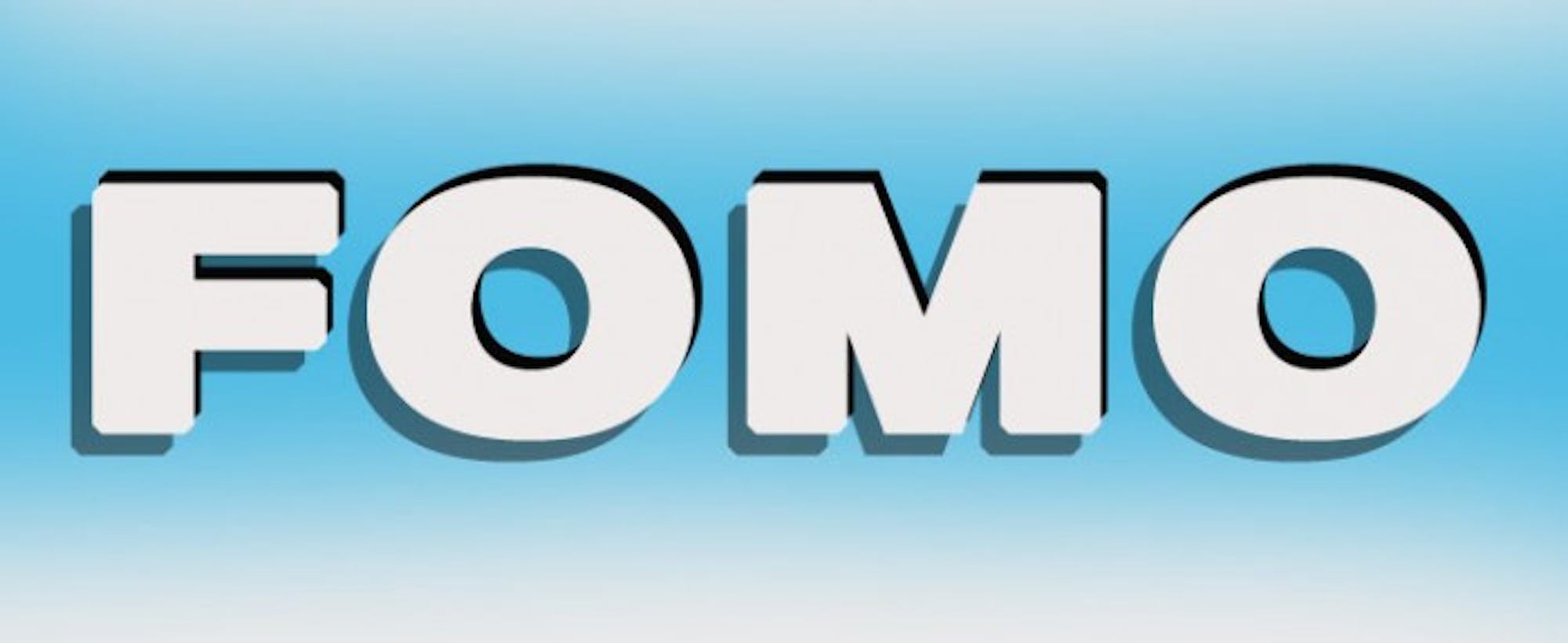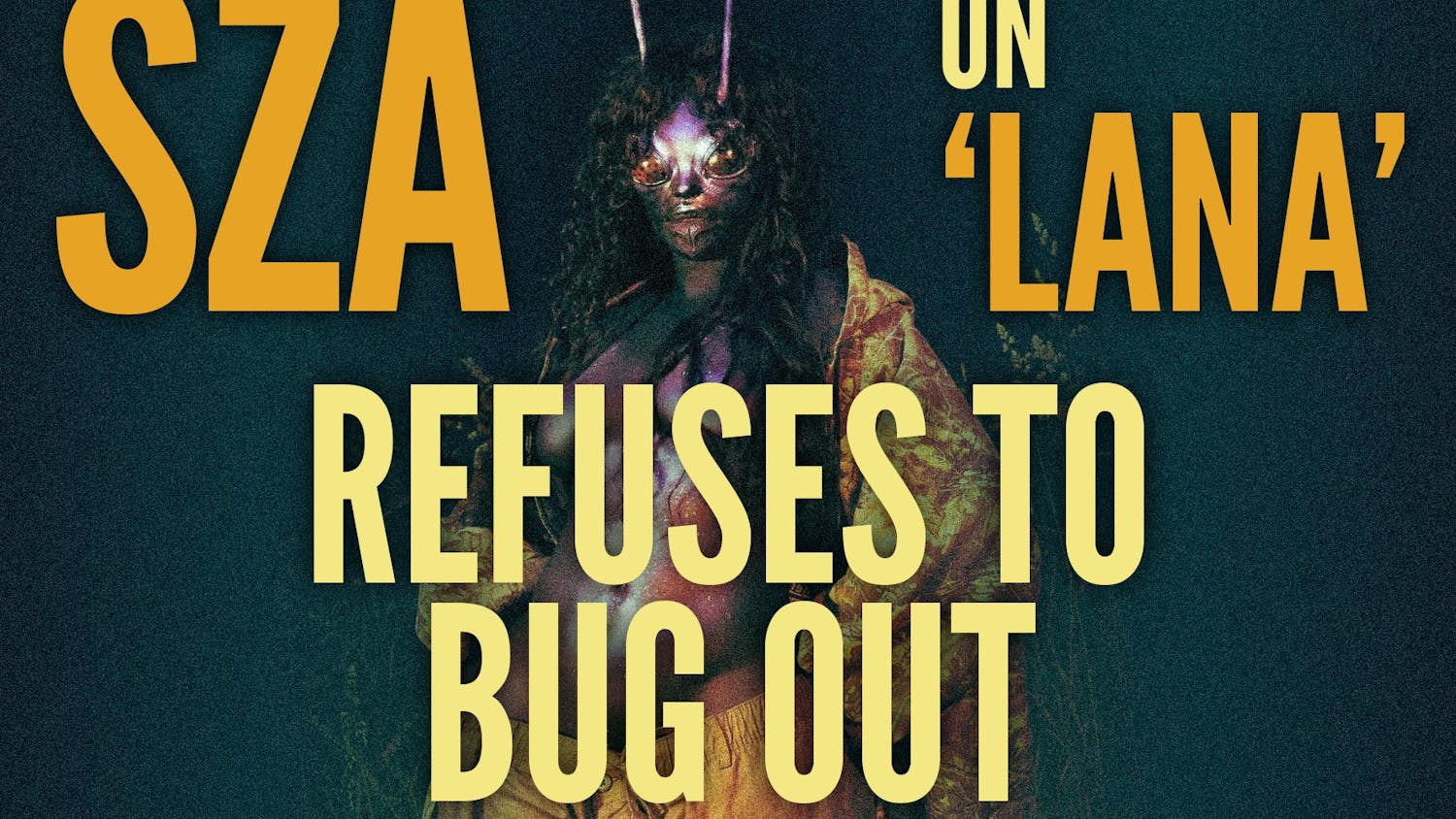
FOMO. If you say you’ve never experienced this phenomenon, you’re probably lying.
If you are unfamiliar with FOMO, then you are most likely feeling it right now, as you become overwhelmed with feelings of anxiety and exclusion at the prospect of having missed out on this experience.
Fear of missing out, or FOMO, is a sensation that both drives and is driven by today’s obsession with social media. The enormous amount of information social media provides often results in these feelings of missing out or loneliness. To quell this feeling of exclusion, we often turn to connections made via social media — consequently exposing ourselves to the exact source of FOMO.
This perpetual cycle of FOMO is only one of the consequences of social media. In what other ways do social media sites affect us? How does this obsession change our interactions with others, and our daily lives?
Tuesday’s edition of Vantage Point Radio, the Arts & Letters radio program hosted by Professor Agustín Fuentes that airs on local NPR affiliate WVPE, addressed these questions and more pertaining to the world of social media.
The program, “FOMO and Other Consequences of Social Media,” was held at the Philbin Studio Theatre in the Debartolo Performing Arts Center. During the hour-long discussion, Professor Christine Becker of Film Television and Theatre and Professor Kenneth Filchak of Biology, along with recent design graduate Stephanie Wulz (2014) discussed the pros, cons and consequences of our society’s addiction to social media.
Fuentes opened the program by asking, “what is social media?” This question posed an interesting problem: we all use social media everyday, but to what extent do we really know what it is? Rather than seeking one definition, the speakers highlighted different aspects of social media that make it so popular in society.
Professor Becker noted that many people present themselves differently on Facebook than they would on Twitter. The opportunity to showcase different versions of ourselves fuels our desire for social media.
According to professor Filchak, this desire is akin to our biological makeup, which triggers subsequently our social media addiction.
“The most powerful forms of addiction are those which align with things deep in our nature,” Filchak said.
Our natural inclination to be constantly connected drives us to seek hyper-connectivity through social media. However, does this connectivity actually make us more connected or less connected to the people around us?
Professor Filchak argued that while we are staying connected with other people’s lives via Facebook, social media actually disconnects us from those around us. In this sense, becoming preoccupied by technology has us missing out on what is actually going on in the world around us.
However, social media has changed the way we have stayed in contact with those we move away from.
“Life used to be a series of disconnections,” noted Fuentes. "Now with the prevalence of social media, we can stay connected with friends as we progress through our lives. In addition, we can provide information for others to stay up to date with our own lives."
However, how much of social media is an accurate representation of our lives? Professor Becker made the point that on social media people typically present the best images of themselves and their lives, rather than an accurate depiction. Wulz supported this point noting that Instagram is simply a way to brag about one’s life through photos.
While these pictures don’t necessarily represent an accurate portrayal of one’s life, the positive feedback received on social media provides individuals with confidence boosts. This positive feedback conditions us to share things that elicit a positive response for the poster, while creating FOMO in the viewer.
Throughout this discussion, the panel highlighted many pros and cons of social media. Ultimately, the message to be taken away was balance.
If we can find a balance between staying connected and disconnecting, we can use social media to our advantage, rather than being plagued by the anxiety of FOMO.
FOMO
Keri O'Mara
Keri O'Mara









